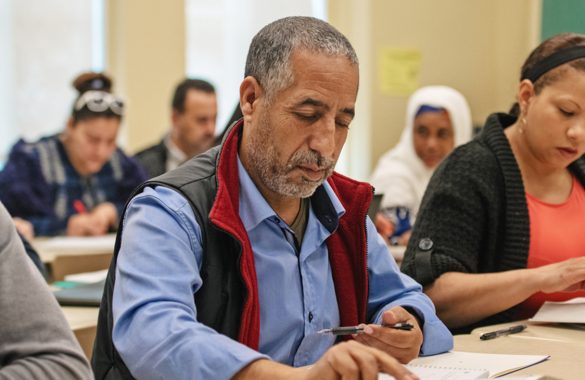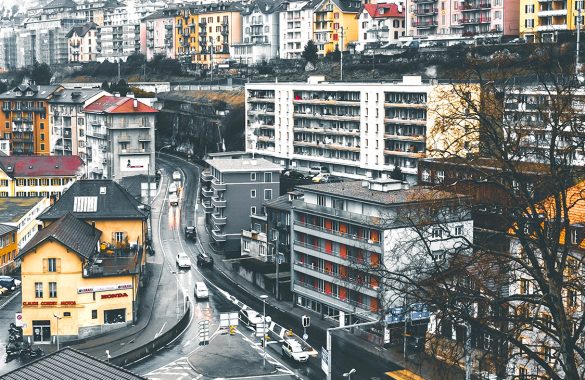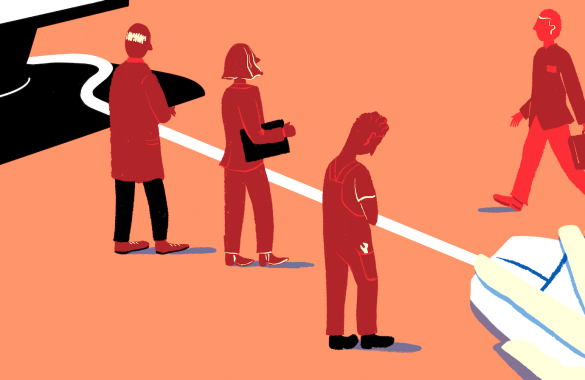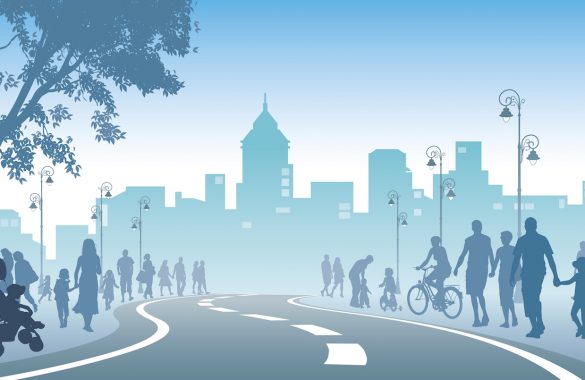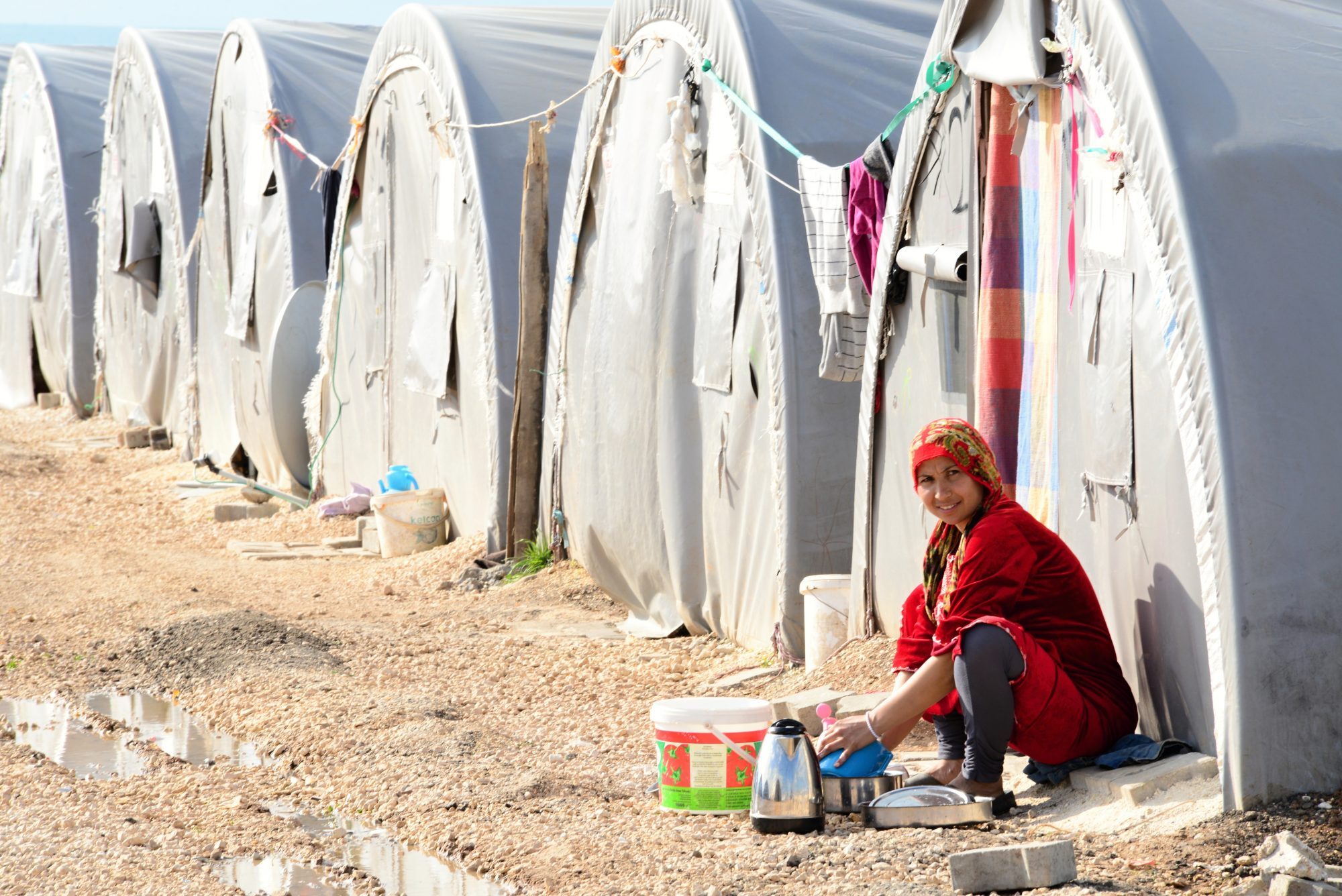With large-scale displacement crises on the rise, understanding how to effectively support refugee integration is becoming an urgent policy need. A study of two language training programs Germany offered refugees reveals program design matters: the temporary, ad hoc language program the German government rapidly assembled in 2015-16 had no impact on refugee employment while its pre-existing intensive language course did help refugees secure jobs.
Since the 1990s, narratives about immigrants engaging in "benefit tourism” have been popular despite mixed evidence. In this study examining 10 years of administrative records in Switzerland, researchers from IPL Zurich found little evidence that immigrants who relocated substantially increased their welfare income. They also found that municipalities that increase benefits do not attract more immigrants, countering arguments often leveraged by politicians to justify cuts to social assistance programs.
Immigration Policy Lab researchers at ETH Zurich leveraged big data from recruitment platforms and machine learning to study discrimination in hiring. After analyzing anonymized data on recruiter decision-making and which candidates were contacted, they showed that immigrant job seekers were 6.5 percent less likely to be contacted as compared with Swiss job seekers with otherwise identical characteristics.
Two immigrants apply for citizenship, and one is narrowly approved while the other just barely misses out. How does this chance decision affect their lives more than a decade later? According to IPL research, the immigrant who became a citizen is likely to earn more money than the one who remained a permanent resident. And for immigrants who work in lower-skill jobs or who face discrimination in the job market, citizenship delivers an even bigger boost to their earnings over the long term.
Many policymakers assume that living in or near an ethnic community makes immigrants less likely to integrate. They tend to overlook the ways these communities help newcomers gain a foothold in their new home. That support system can be especially beneficial for refugees, but countries often disperse them across resettlement locations in a way that discourages them from clustering. We studied refugees in Switzerland and found evidence that ethnic communities can help new arrivals find work.
Many countries require asylum seekers to wait for months or years before entering the local labor market. How does this period of forced unemployment affect their ability to integrate later on? A natural experiment in Germany reveals that asylum seekers who face longer wait times are less likely to be employed, even after a decade in the country.
Countries receiving refugees could pave the way for integration by sending them to the place where it would be easiest for them to find employment. Using historical data from the United States and Switzerland, IPL designed an algorithm that matches refugees to their optimal city or town. It’s a policy innovation that could be easily implemented anywhere in the world and at virtually no cost.
Asylum seekers often are left in limbo while their applications are processed, and the prolonged uncertainty and discouragement take a toll. According to IPL analysis of records from Switzerland, the years spent waiting make them less likely to find a job when they’re finally approved. Countries receiving refugees should take note: reducing wait times could boost their employment rates and benefit the local economy.

